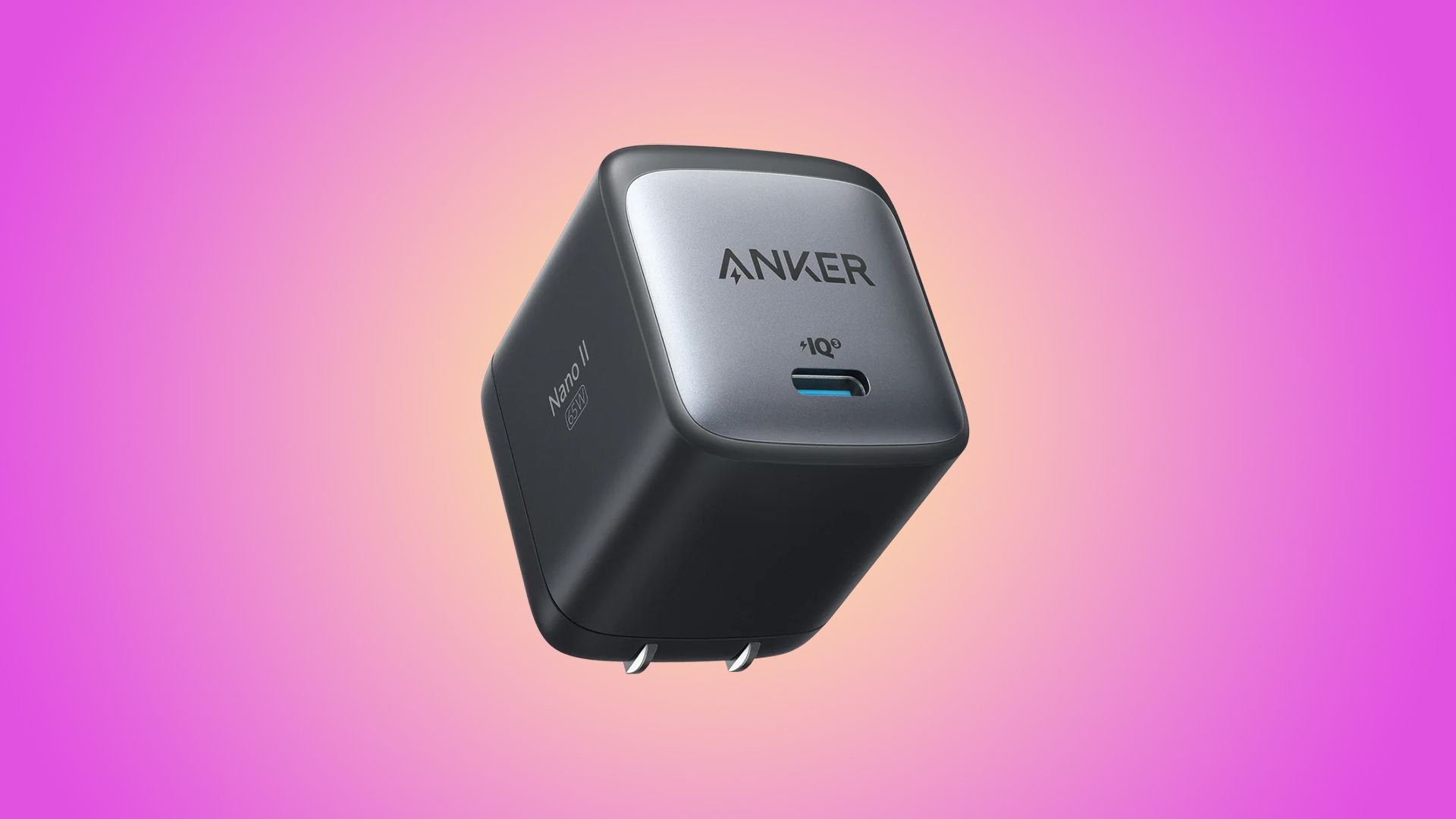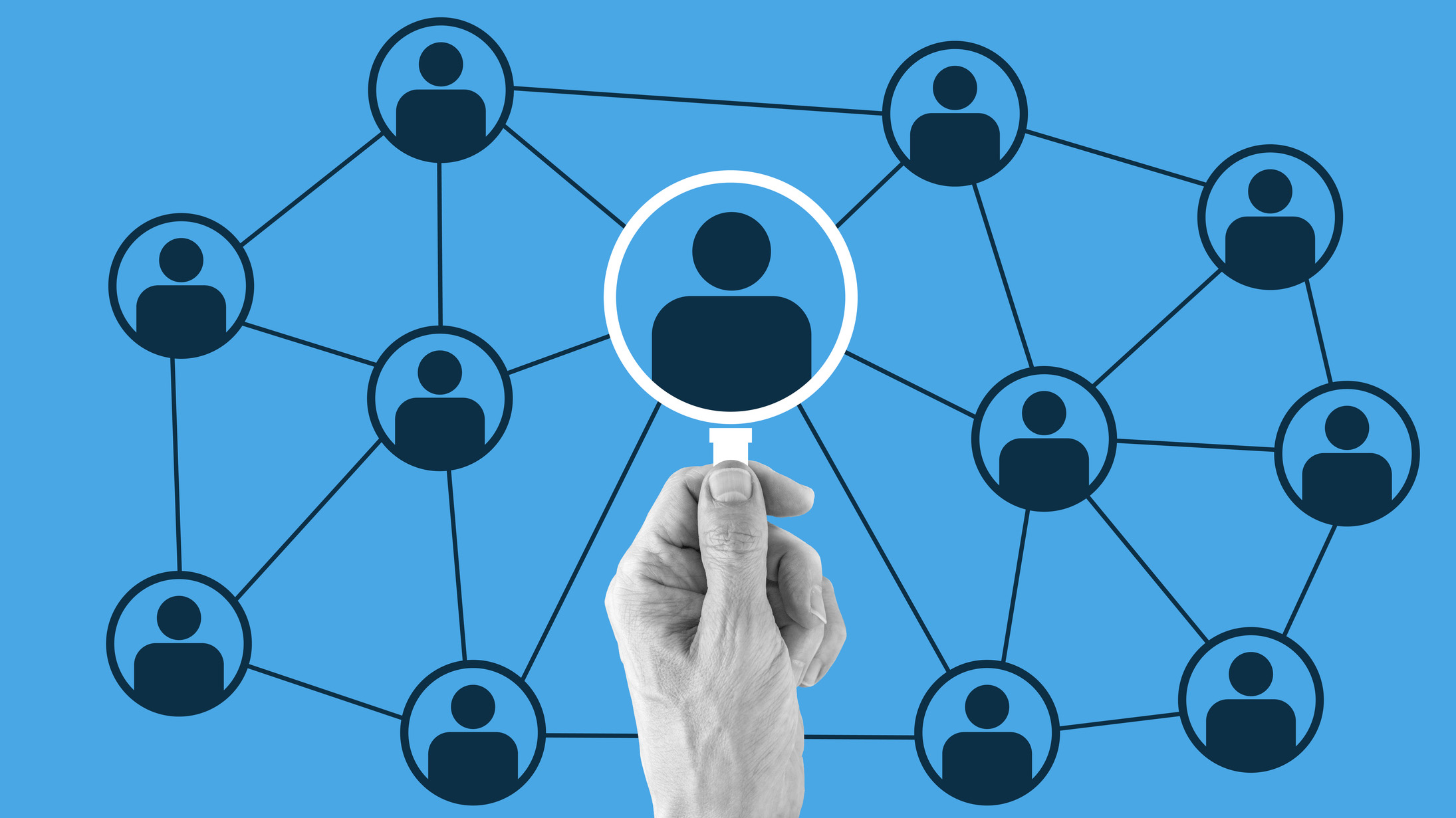What is a data broker? How your info is bought and sold

What is a data broker? These companies collect and sell data obtained from your browsing habits, public records, and other channels. Businesses and various institutions use this data for targeted ads, credit checks, and more. But how much do they really know about you, and is there a way to stop it?
In this article, we’ll break down how data brokers gather and use your information. You’ll also learn how to limit their access to your data, remove your details from their databases, and find answers to common questions about their practices.
What is a data broker and what do they do?
Data brokers are companies (sometimes individuals) that collect personal information from a variety of sources, such as your online shopping habits, social media activity, and even public records. They compile this data into detailed consumer profiles.
These profiles are then sold to businesses for targeted marketing, credit scoring, and other purposes. For example, a data broker might sell a profile that includes your recent car search history or the kinds of products you’ve been browsing to help businesses target you with relevant ads.
How do data brokers get your data?
Data brokers use online and offline resources to build your consumer profile, and any information available to the public is fair game. Have a driver’s license or a criminal record? Have you got married recently? Sold your car or property? Registered to vote? The data brokers most likely know.
That said, their bread and butter nowadays is the online sphere. Here’s where data brokers can get your data from:
- Your browsing activity: Advertisers, analytics firms, and websites track you using cookies, browser fingerprinting, tracking pixels, and your IP address. Whether you’re logging into your socials, watching a video, or just googling something, someone has that on file, ready to be sold to a data broker.
- Your shopping habits: Data brokers acquire your purchase history through third-party sources, like retailers or loyalty programs. By collecting details on what you’ve bought, when, and how, they help marketers target ads based on your buying preferences.
- User agreements: All those long, boring EULAs and subscriber agreements nobody reads when creating a new account? They usually tell you the company can collect and share your data with “third parties”—typically data brokerage firms.
See also: Websites that list your personal information
How do data brokers use your information?
Data brokers sell your data to various businesses and institutions that want or need it. For instance, companies buy data to fine-tune their marketing. Advertise to the right people, if you will. For example, a company selling fitness gear might focus on people who frequently visit health websites or search for workout routines.
Beyond advertising, data brokers also provide information for financial and background checks. Banks review spending patterns before approving loans, and landlords check rental histories before accepting tenants. Political campaigns use voter data to decide who to contact and what messages to send based on demographics and past engagement.
Of course, data brokers could also sell your data to less well-intentioned individuals. Say, doxxers, stalkers, or fraudsters gather intel for identity theft scams or phishing scams. Cybercriminals may sell your data on the dark web if your data is exposed in a data breach.
Are data brokers dangerous?
Data brokering can be risky, especially when mishandling people’s personal information. Here’s a concrete example of how things can go wrong.
A social media data broker exposed almost 235 million Instagram, TikTok, and YouTube profiles online using a modified version of Deep Social’s old software. Deep Social lost access to Facebook and Instagram’s API in 2018 to scrape user data, but former employees allegedly repurposed its tools to collect even more information.
This includes profile names, real names, photos, account descriptions, age, gender, and whether the accounts were business-related or had ads, among others—highlighting the risks of data brokers when they operate without oversight.
How to stop data brokers from selling your data
While there’s no easy solution to this, here are some steps you can take to prevent data brokers from selling more of your data:
- Mask your data with a VPN: A trusted VPN provider will encrypt your traffic, turning it into gibberish for any third-party snoopers, whether it’s your ISP, hackers, or the local coffee shop wi-fi.
- Use a personal information removal service: You’ve probably heard of Incogni or similar tools that contact data brokers to remove your data from their websites. It may take a while, but they do the job without the hassle of going through each broker individually.
- Limit what you post online: The best way to prevent data brokers from selling your data is not to share any in the first place. Keep your social accounts private, and only post things you wouldn’t mind seeing in a “people search engine” later down the road.
- Use disposable contact info: Everything asks for an email nowadays, and you bet they’ll share your information with data brokers (or have it end up in a data breach). Use free burner emails, and set up a forwarding phone number through Google Voice (or similar services) to avoid having your actual number posted on the internet.
- Close accounts and uninstall apps: Have you ever bought anything from a local store and then never used that account again? You might want to delete it, just in case. The same goes for unused apps that could still silently gather data in the background.
- Avoid marketing gimmicks: Sweepstakes, surveys, personality tests (or online quizzes in general), giveaways with entry forms, and store loyalty programs are all cleverly disguised incentives for you to share data about yourself and your interests.
Further reading: How to remove yourself from the internet
Incogni Coupon
GET 50% off the annual plan
Get Deal >
Discount applied automatically
US-only options to protect your data
If you’re in the US, there are a few resources that can help you take control of your personal info and opt out of unwanted data sharing:
Tired of credit and insurance offers, junk mail, and telemarketers? Then, these three should significantly reduce the amount of unsolicited calls and mail. It won’t eliminate them entirely, but it’s a good place to start.
The UK, Canada, and Australia
These countries also have their own do-not mail lists if you want to keep your mailbox clean. Here they are:
Who is the biggest data broker?
Experian is one of the largest data brokers, handling data on 300+ million people and generating $9.7 billion in revenue. Meanwhile, Equifax covers 220+ million people with $5.1 billion in revenue, with Epsilon managing 250+ million records and earning $2.9 billion.
Some other brokers lead the charge if you’re interested in the web traffic and search engine rankings. So-called “people search sites” focus on collecting and publishing info from social media apps, public records, and elsewhere for free.
Yellowpages is the biggest in this category, with 18.2 million indexed pages and 15.2 million monthly visits. Meanwhile, Spokeo draws 13.5 million visitors across 4.2 million indexed pages, while ZoomInfo trails behind with 8.29 million pages indexed and 7.2 million monthly visits.
What is a data broker? FAQs
Is Google a data broker?
Google is a so-called first-party data broker. This means that it primarily collects data for its own advertising and services, rather than selling it to third parties. That said, advertisers can pay Google to access aggregated user data (called “audience segments”) to target specific groups.
Is Facebook a data broker?
Yes, Facebook is a first-party data broker. Much like Google, it does not sell user data directly. Instead, it monetizes it by offering targeted ads. Advertisers pay Facebook to reach specific audiences based on user behavior, preferences, and demographics collected from its apps.
Does Apple sell your data?
No, Apple does not sell your data, but shares it with affiliates, service providers, and partners under strict terms. It limits tracking with App Tracking Transparency and doesn’t share user data with third parties for targeted ads or measurement.
Does Microsoft sell your data?
No, Microsoft does not sell your data, but it does collect user information for ads, product improvement, and security with its own ecosystem. Microsoft’s targeted ads rely on first-party data rather than selling it to advertisers.
Are data brokers legal in the US?
Yes, data brokers are legal in the US. There’s no federal law regulating them, though the FCRA lets you correct credit report errors.
Otherwise, California’s CCPA gives residents rights to access, correct, delete, and opt out of data use. Vermont almost passed a similar law, but it was vetoed in May 2024. Other states have enacted similar laws regulating data brokers, but are often more limited in scope.
Who buys data from data brokers?
Apart from major players like marketers, financial institutions, and political campaigns, data brokers also sell your information to a wide range of other buyers. These include retailers, real estate companies, recruiters, healthcare providers, telecoms, small businesses, media companies, government agencies, and even other data brokers.
These buyers use the data for various purposes such as targeted advertising, fraud detection, credit risk analysis, background checks, and more.
Related: Incogni vs Optery: Which data removal service is best?
Source link











